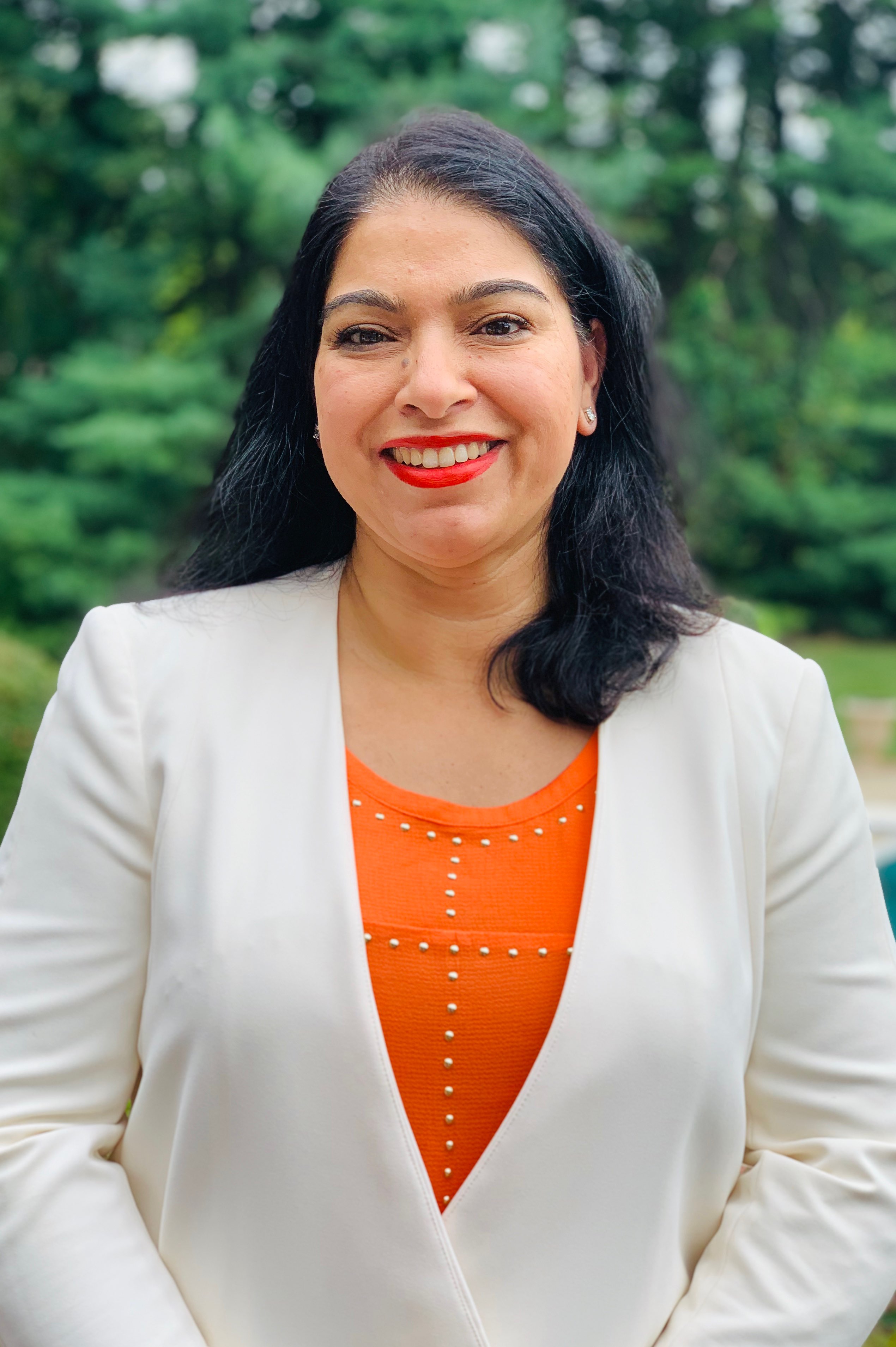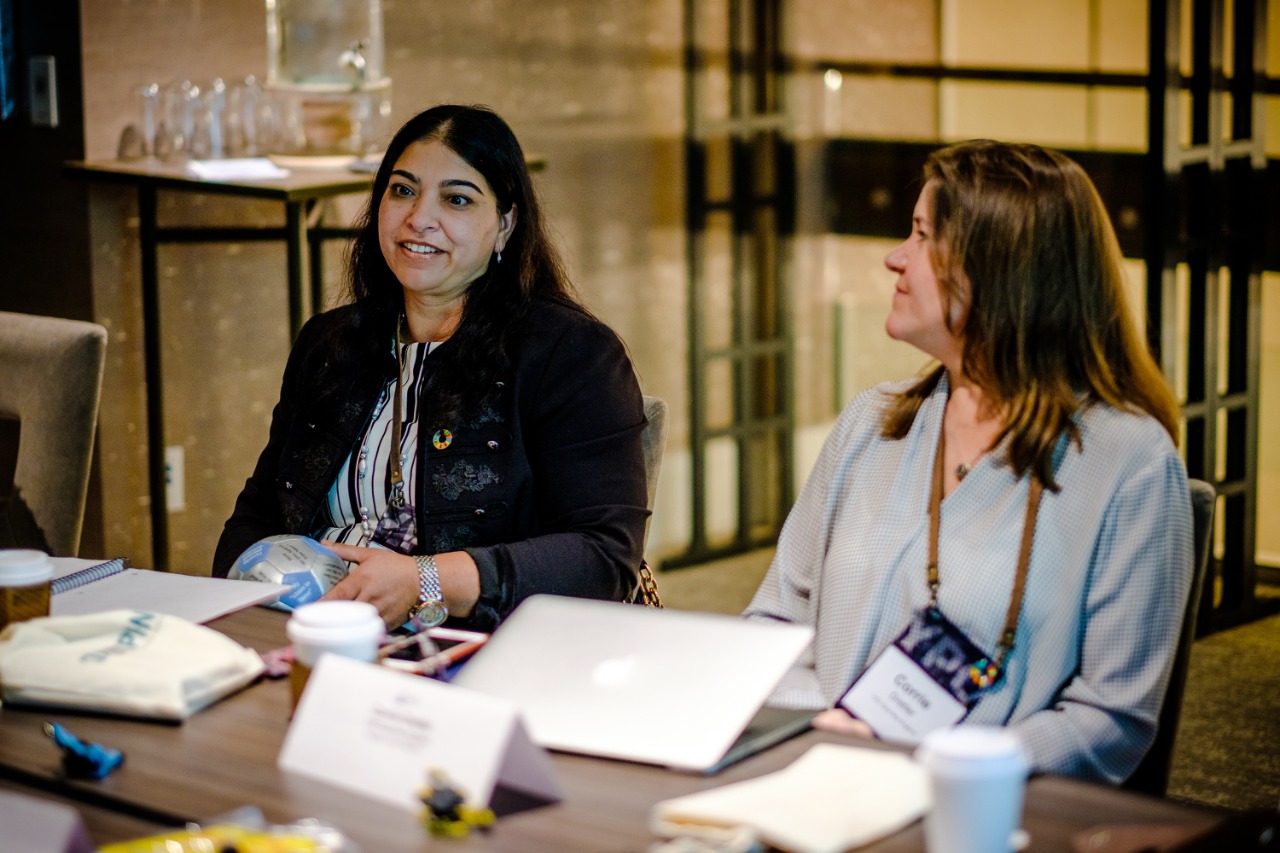A Maryland educational nonprofit called Isotonik is on the path to potentially win a $1.5 million award from the illustrious XPRIZE’s “Rapid Reskilling” competition. Launched in June 2020, the 30-month competition incentivizes scientists and entrepreneurs to develop affordable platforms that can rapidly train underserved workers. Isotonik is one of five finalists.
The XPRIZE Foundation is famous for dangling steep prizes to thinkers who can find solutions to seemingly impossible challenges. For instance, the first-ever XPRIZE in 2004 promised $10 million to whoever could engineer the first non-governmental crewed space vessel, ushering in the private space industry with Virgin Galactic. More recently, in 2021, the foundation announced it would award $100 million, funded by Elon Musk, to teams that successfully pull carbon out of the atmosphere.
XPRIZE’s Rapid Reskilling competition—the one Isotonik is a finalist in—was born from the record level of jobless claims during Covid. In April 2020, unemployment rates nearly reached 15 percent, disproportionately hurting workers with no postsecondary education or certifications. These are the same workers who were already, and still are, vulnerable to job loss as technology changes the nature of work.
The specific challenge? Develop a program that can rapidly train 350 people in 90 days or fewer—at no cost to the participants. Then, ensure those people land relevant jobs within 60 days and hold those jobs for at least an additional 60 days. Then, prove the platform can be adopted at a larger scale, signing up 5,000 trainees in three different industries in three different regions within 10 months.
That’s a massive undertaking for any organization, much less one that was conceived merely months before the competition—like Isotonik.
The nonprofit didn’t exist until Potomac resident Komal Kaul and her friends, a group of accomplished CEOs who connected through YPO (formerly the Young Presidents Organization), discovered the competition in October 2020, several months after it had been announced. While they had been talking about the issue at hand for years, they’d never taken the leap toward building a solution.
“We were seeing this workforce sort of dwindle away, especially in manufacturing, and we were all feeling the same thing: this pinch that there is nobody available to work, especially after Covid,” says Kaul, who is also chair of the People Action Network, a social-impact network in YPO.
“We were actively wanting to make something happen rather than just talk around the fireside,” she says. “So when XPRIZE came, we had this ‘aha!’ moment. We thought, ‘If we could use this sandbox of a competition, we can maybe figure out a solution.’ ”
Hence, the birth of Isotonik—named after isotonic solutions which are considered the most stable solutions in physics, providing a handy metaphor for what the nonprofit is working toward. (The “K” at the end? That’s just a little nod to Kaul.)

By the end of November 2020, Kaul’s team submitted a proposal to XPRIZE, giving them a mere three months to finish building their training platform before submitting it for approval in February 2021.
Luckily, Kaul’s team didn’t have to start from scratch. One of Isotonik’s board members, Chocko Valliappa, had already created a job platform in India called HireMee, and was able to provide the bare bones of that app. They then tailored the platform to the competition and to American learners, with help from Kaul’s co-founder Dr. Nirmalesh Sampath Kumar, a leader at two major tech companies.
Early on, she says they began by asking themselves the following questions: What is the role of education? And how do you measure that an education has been successful? “At the end of the day, we all agreed that the answer is a job. You get trained to either get a job or get a promotion in your job,” Kaul says.
Yet, she says there’s often a gap between what people are trained in versus what employers are looking for. That’s why Isotonik works closely with employers—in addition to colleges and universities—to ensure the platform’s curriculum is equipping people with in-demand skills.
“We literally went around and asked hospitals in multiple states, ‘What is the absolute essential skill that you need on day one to get this person going?’” said Kaul, who adds that employers have also been helpful in crafting virtual reality environments—such as a visualization of a hospital front desk—for trainees to study.
By February 2021, Isotonik submitted its platform—a skeleton of what it has become now, says Kaul—for judging. Despite going up against 118 other teams, many much older, Isotonik was one of 10 chosen to move onto the next round.
Now it was time to put the platform to the test, which meant training and finding jobs for 350 unemployed or underemployed people with no education beyond high school. Assigned to the Boston area, they began training people to become administrative medical assistants.
Isotonik’s programming—which it intends to always offer for free—is divided into four stages: a pre-test that measures a trainee’s current aptitudes and abilities; a curriculum tailored to a trainee’s style of learning; a targeted assessment that measures progress; and a job portal that helps trainees build resumes and connect with employers.
Although the AI-enabled platform is somewhat like a game, to keep users engaged, the secret ingredient is decidedly low-tech: human advisers.
“People study and learn something because they know somebody else is vested in their growth and development,” she says. While it’s easy to start an online course, it’s much harder to finish one without an adviser, she says, especially when trainees are learning amid difficult circumstances, whether that’s being a single parent or struggling with a health condition.
The work has paid off. By the end of round two, the platform had 624 trainees using its program, 200 of whom were from the assigned Boston region. Of Istonik’s 200 Bostonians, 97 percent successfully graduated, 76 percent were placed into jobs, and 58 percent held those jobs for more than 60 days—totaling more than $1 million worth of training delivered for free. As a result, Isotonik was one of five chosen to move forward in the competition.
“What I get from everyone is, ‘I can’t believe you have done in 18 months what we have done in 10 years,’ ” Kaul says.
Now in the midst of round three, Isotonik is working toward deploying the program to 5,000 trainees in three different industries within three different regions. Isotonik now not only trains medical administrative assistants, but also administrative office assistants, CNC machinists, and advanced manufacturers. In addition to Boston, the nonprofit is also focusing on Houston and Kaul’s homebase—the DC area—where she’s been building relationships with large local employers. Kaul is optimistic as the nonprofit heads towards its final training deadline on July 31. XPRIZE will announce winners of the 30-month competition in January.
“My favorite thing to say to XPRIZE is that, ‘You had us fly an airplane with souls on board as we built it,’ because you learn and you fix as you go,” Kaul says. “If we were a company, we’d have the pressures of our investors and the technology partners and a reason to make revenue for survival. But in a sandbox like this, failure is an option and is actually a celebrated option. We can make sand castles and break them. We can keep building and breaking, building and breaking till we have it right.”












